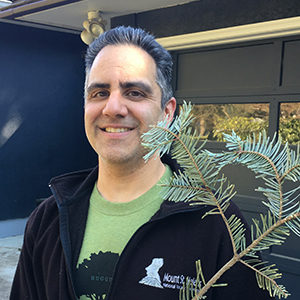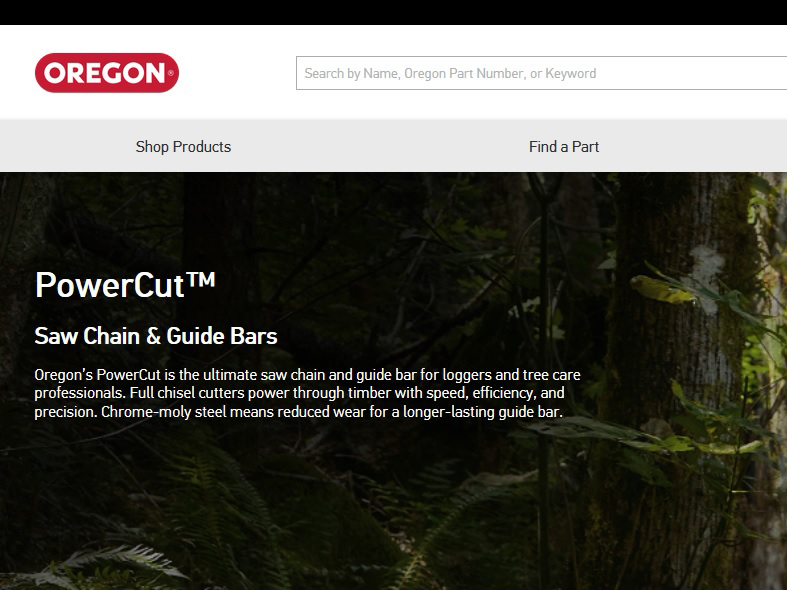
I sometimes receive inbound inquiries seeking “an excellent writer who is also a painstaking line editor.” The skills seem complementary, right? Pie and ice cream; pickles and mustard; copywriting and copy editing.
Many writers are also editors, but both skills require different types of concentration.
I’ll use a few examples from my work history to illustrate:
Beginnings of a Grammar Cop
I wrote product descriptions and edited long-form copy for my first steady job. The majority of the long-form stuff was written by my boss, and the business model dictated that he had to churn out content. I spent a long time meticulously editing his work, and then I switched gears to write my own pieces. There were always revisions, so I would eventually edit my own writing.
I set a “zero typo” policy for myself. I would read a document that had my writing and my boss’s writing two or three times before sending it to him.
Around this time, I started receiving praise from both bosses at how quickly I turned around my writing. I started writing faster. I also started editing faster.
I stopped reading my first drafts twice. I thought, “since I’m an editor, no typos will slip through!”
Typos slipped through.
By the time I quit my job, years later, I was so burned out by the word “revisions” that I couldn’t even say the word out loud.
I had set myself up as some kind of superhuman editor. Every mistake that slipped through felt like a personal failure.
Revising My Deliverables
I made changes when I founded Enlighten Writing. When I’ve been hired as a copywriter, I give myself as much time as possible to edit before I turn in a draft.
I also began taking on jobs that only required editing. (There are three types of editing that I’m aware of: developmental editing, copy editing, and line editing. But that’s a topic for a different post.) I met two of my favorite people – Jeff Ambrose Mitchell and Paul O’Brien – because they needed editors for book-length projects. For both projects, I entered an almost dream-like state while I was editing. Both projects needed developmental editing, too, so I made suggestions and even did research.
Most of my current writing projects are for corporate clients who need UX and SEO copy built in. Editing usually enters the picture at some point, but I keep the roles separated when I can.
Tips For Clients Who Need Copy Written and Edited
1. Anticipate a learning curve. I take your brand voice seriously. I want to make sure I get it right. I don’t know any writer or content strategist who takes this task lightly. It’s imperative to include an extra round of revisions to help make sure the writer successfully communicates your voice.
2. Line editing a draft takes hours. If I’ve been hired to do copy editing, I also check consistency, idiom use, and grammar. If I’m also expected to line edit, then I do that separately. And I take a long time to edit it, because your words are important to me.
3. Rates are important. If you want a “full stack” writer/editor, then have open eyes about what you’re asking for, so you can be better prepared for their per-hour or per-project rate.
4. Implement an internal QA review process. This is sometimes only feasible for larger corporations. There are times when the first two points above are not feasible for fast-paced product deployments, so having multiple reviews can help launch your content successfully.
5. We’re human. I certainly have machine-like qualities when I am on a deadline, but I’m not a robot (sorry). If you expect perfection on an abbreviated time frame, you are not creating a path for your own success.
Writing and editing can be complementary, but it’s more like pie for dessert, and a strong cup of coffee the next morning. The indulgence of excellent content, followed by the jolt of happiness of error-free copy.
Contact me if you’d like to know more, or feel free to leave a comment below.
Also published on medium.com.
Image via Pixabay






